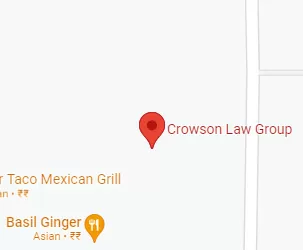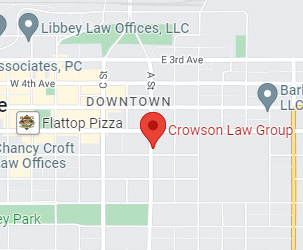Personal Injury: Negligent Supervision

Some of the most under-reported areas of wrongful death are at daycare centers and nursing homes. It is at such facilities that children or residents are under the supervision of a caregiver. When injury or death occurs as a result of a caregiver’s carelessness, a personal injury claim may be made. This article will discuss personal injury claims for negligent supervision.
The majority of personal injury claims or cases have to do with a person being careless in some way, and their actions cause another person’s injury. One aspect of personal injury law focuses on where there is a lack of proper supervision which directly or indirectly causes an injury. Such claims are referred to as negligent supervision claims and generally arise in:
- Employment settings
- Child care facilities – including schools and daycare centers
- Long-term care facilities, nursing homes
For this article, we will focus on negligent supervision claims in nursing homes. Negligent supervision is a legal theory for liability that is used when a care provider fails to meet their legal duty to provide adequate and standard supervision to persons under their charge, and foreseeable harm is the result. In a nursing home, they may be residents who have assigned personnel to their needs. For example, a resident may need assistance while walking and that requires an orderly to provide such assistance. Negligent supervision, in this regard, would be where an orderly choose to chat with a co-worker rather than keeping an eye on the resident who decides, out of frustration, to try and walk across a lounge area alone and falls and breaks their hip.
Negligent supervision may lead to the injury or death of a nursing home resident. If this is the basis of your case, seek out an Alaska wrongful death lawyer to assist in your case. The term itself, negligent supervision, relies on the theory of negligence and thus has the three elements of negligence but are slightly variant from the normal.
The negligence elements that are applicable and must be proven in negligent supervision claims are:
- There must be a legal duty to properly supervise the resident – caregivers in a nursing home facility have the legal duty to supervise and care for the residents that are under their charge. Such a duty may be set out by way of a contract. Or may even go so far as setting up the number of check-ins that a nursing assistant needs to make each day to a specific resident
- Breach of duty – where the specific caregiver fails to provide the legally set out level of reasonable care, he or she is in breach of their duty of care to the resident. Such breaches may include, where a nurse fails to follow the set out standard protocols when dispensing medication to the resident.
- Causation – this requires the plaintiff to prove that because of the breach of duty of care this led to the injury or death of the resident. Often it requires the plaintiff to establish two forms of causation, actual causation[Actual Cause | Wex | US Law | LII / Legal Information Institute (cornell.edu)] and proximate causation [Proximate cause | Wex | US Law | LII / Legal Information Institute (cornell.edu)].


